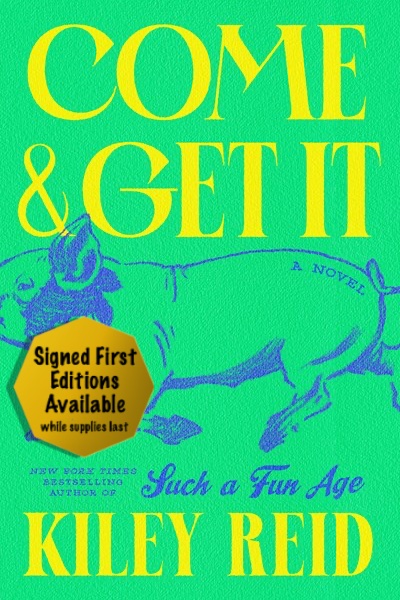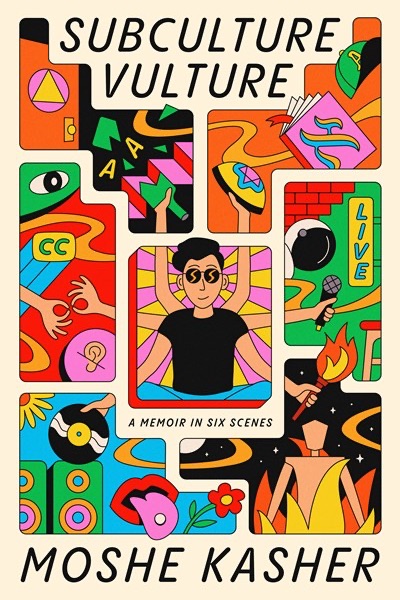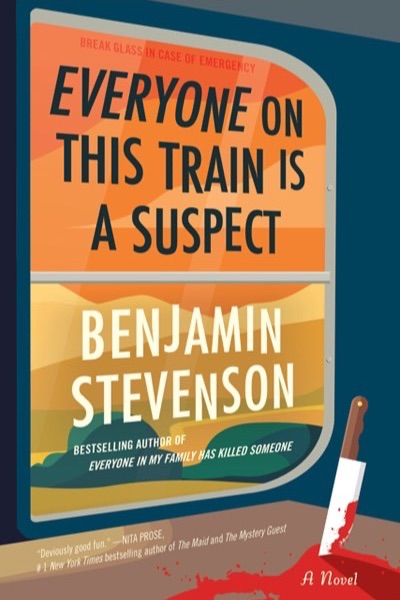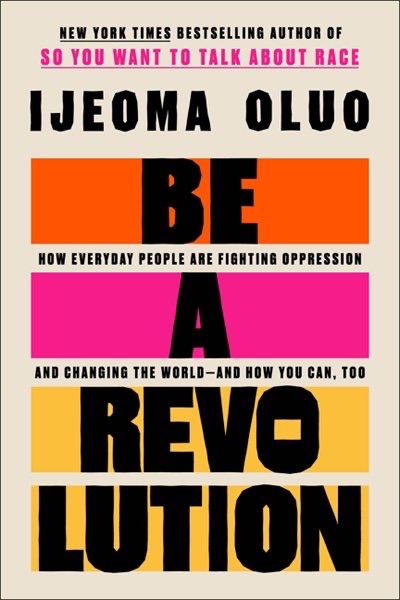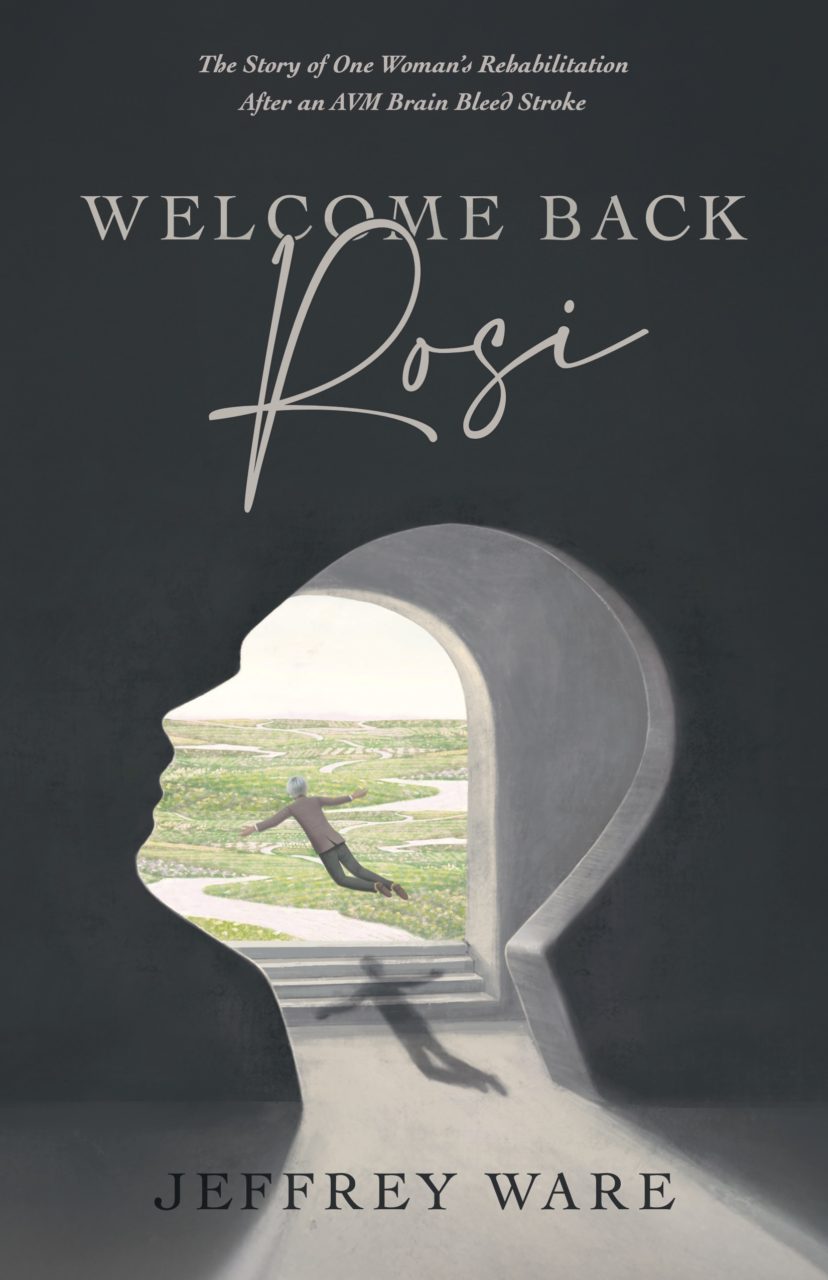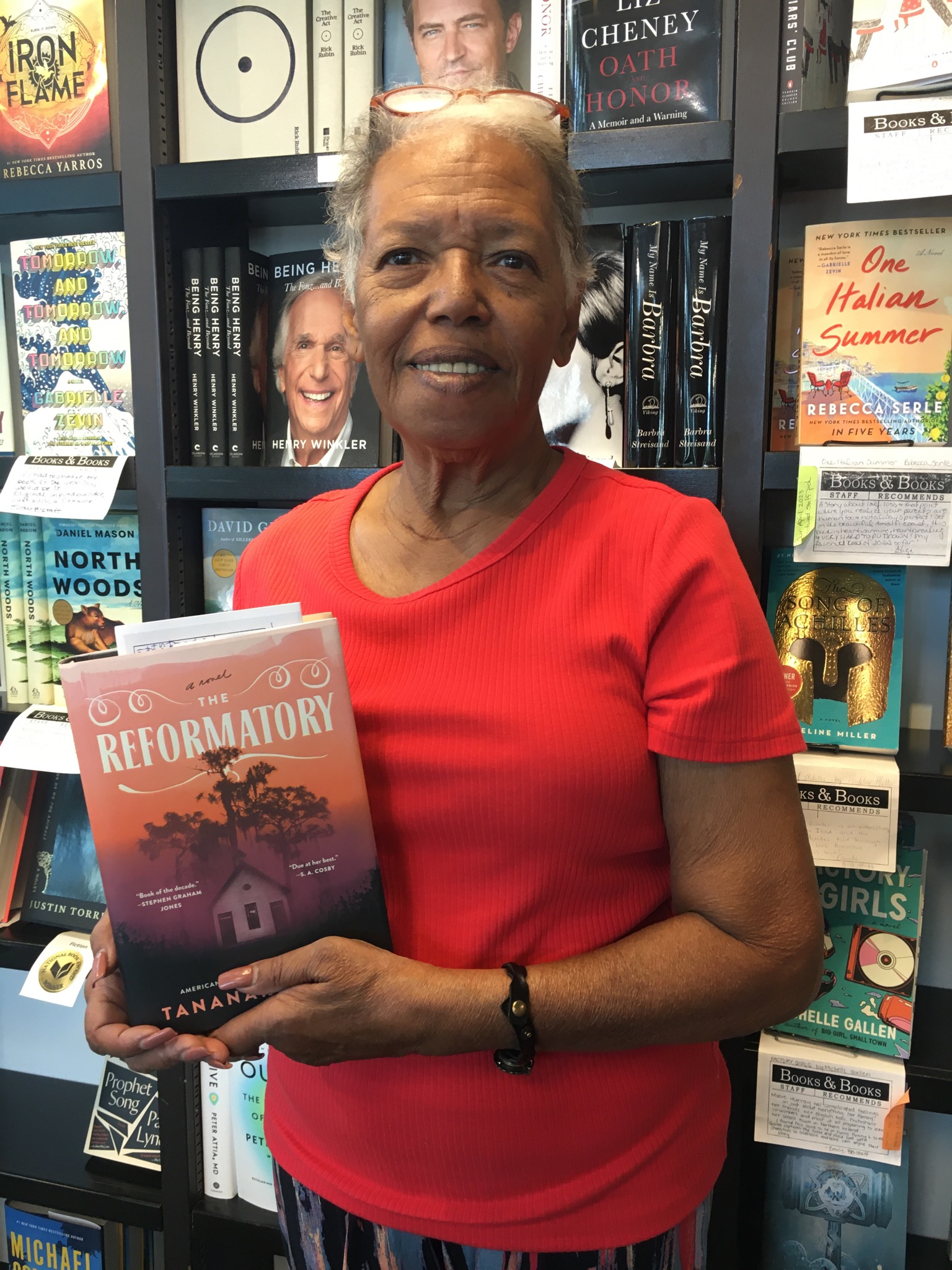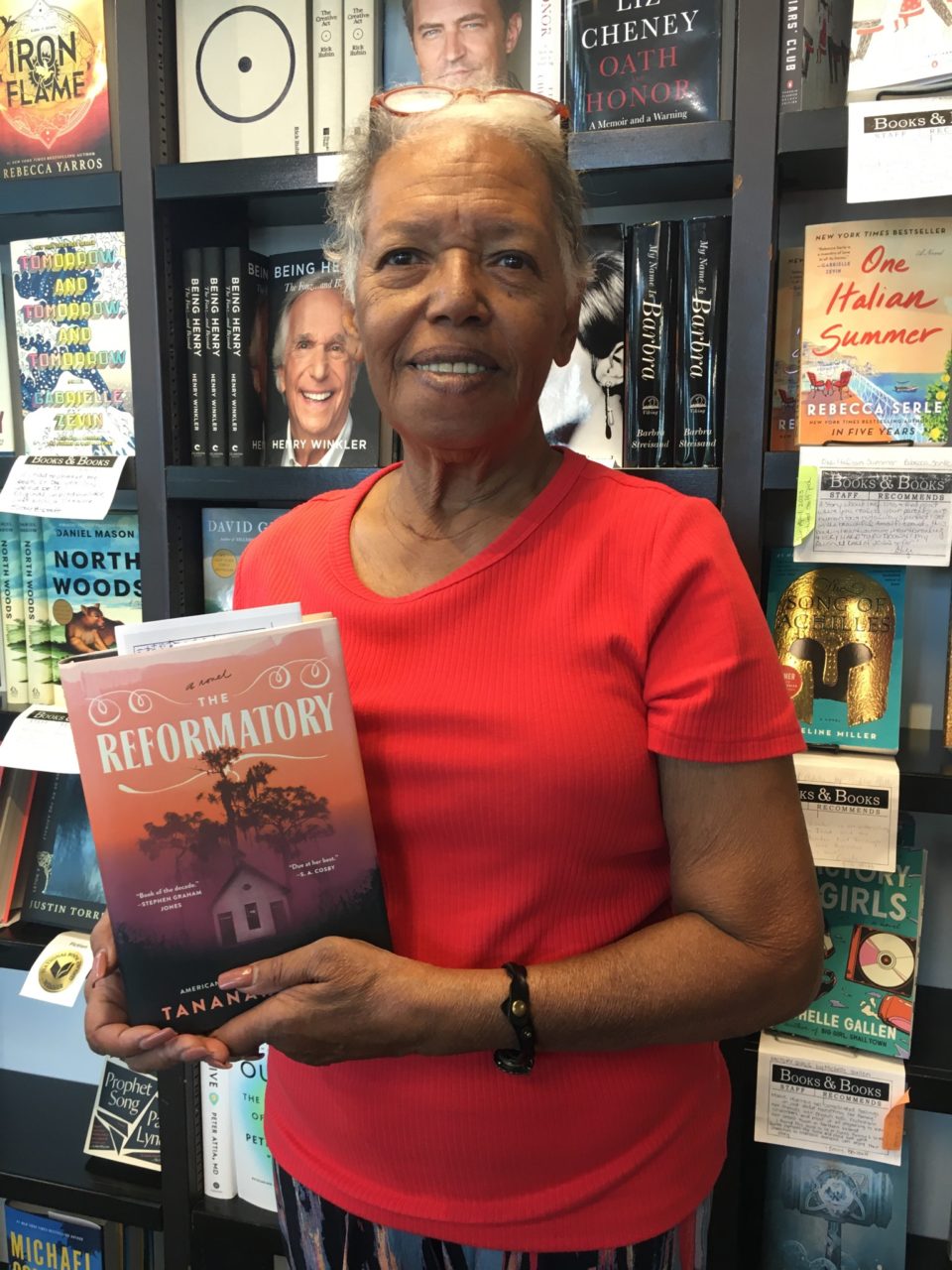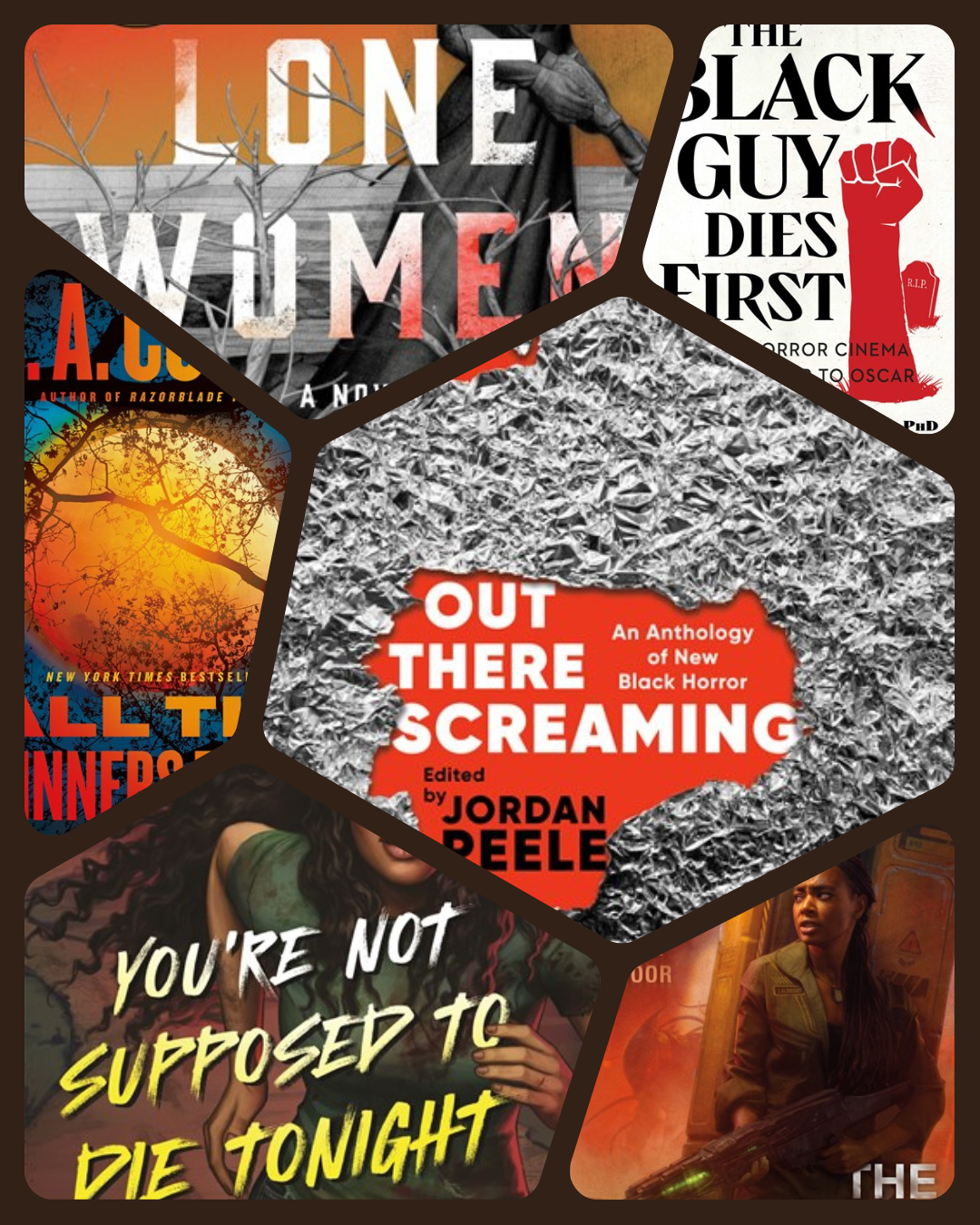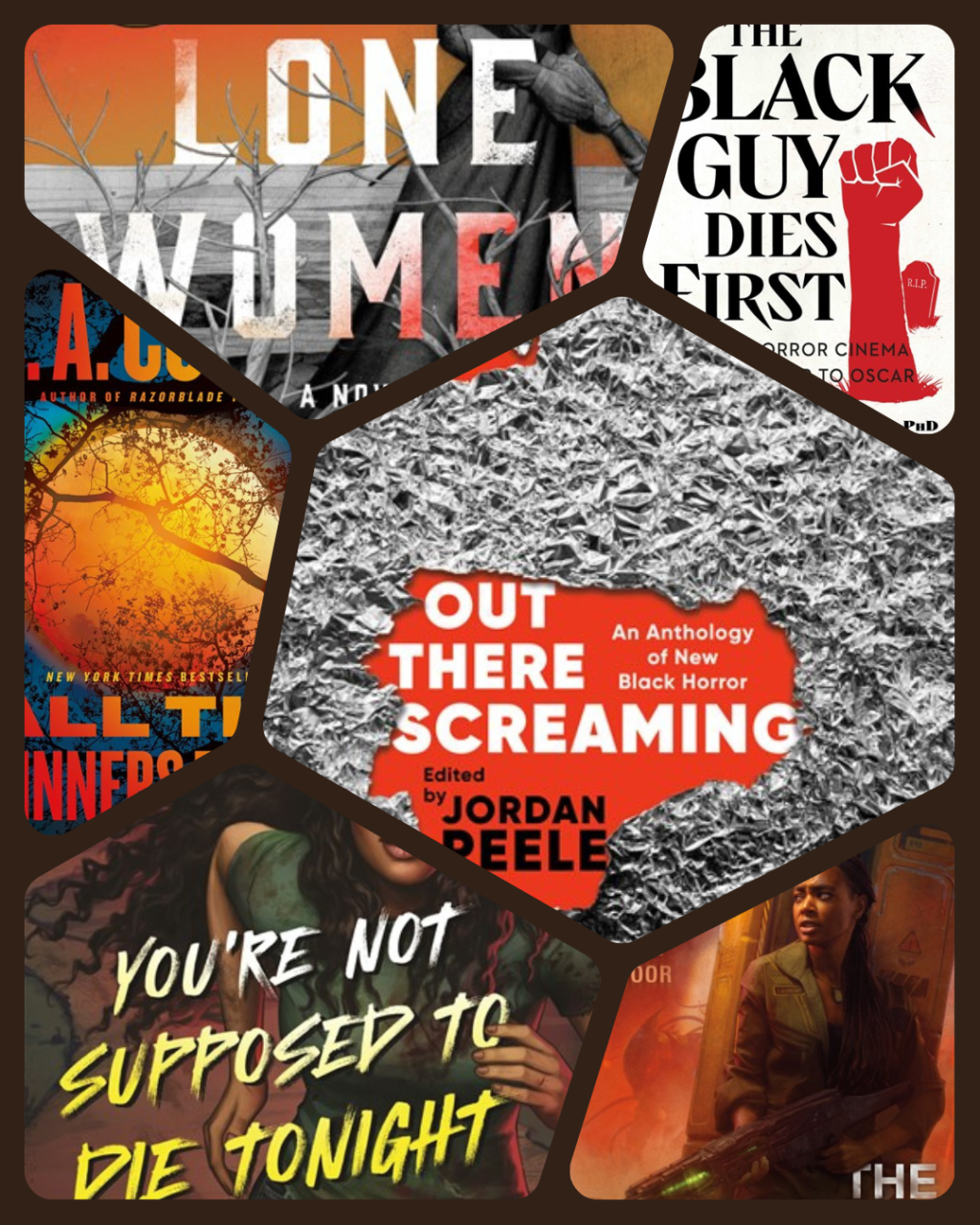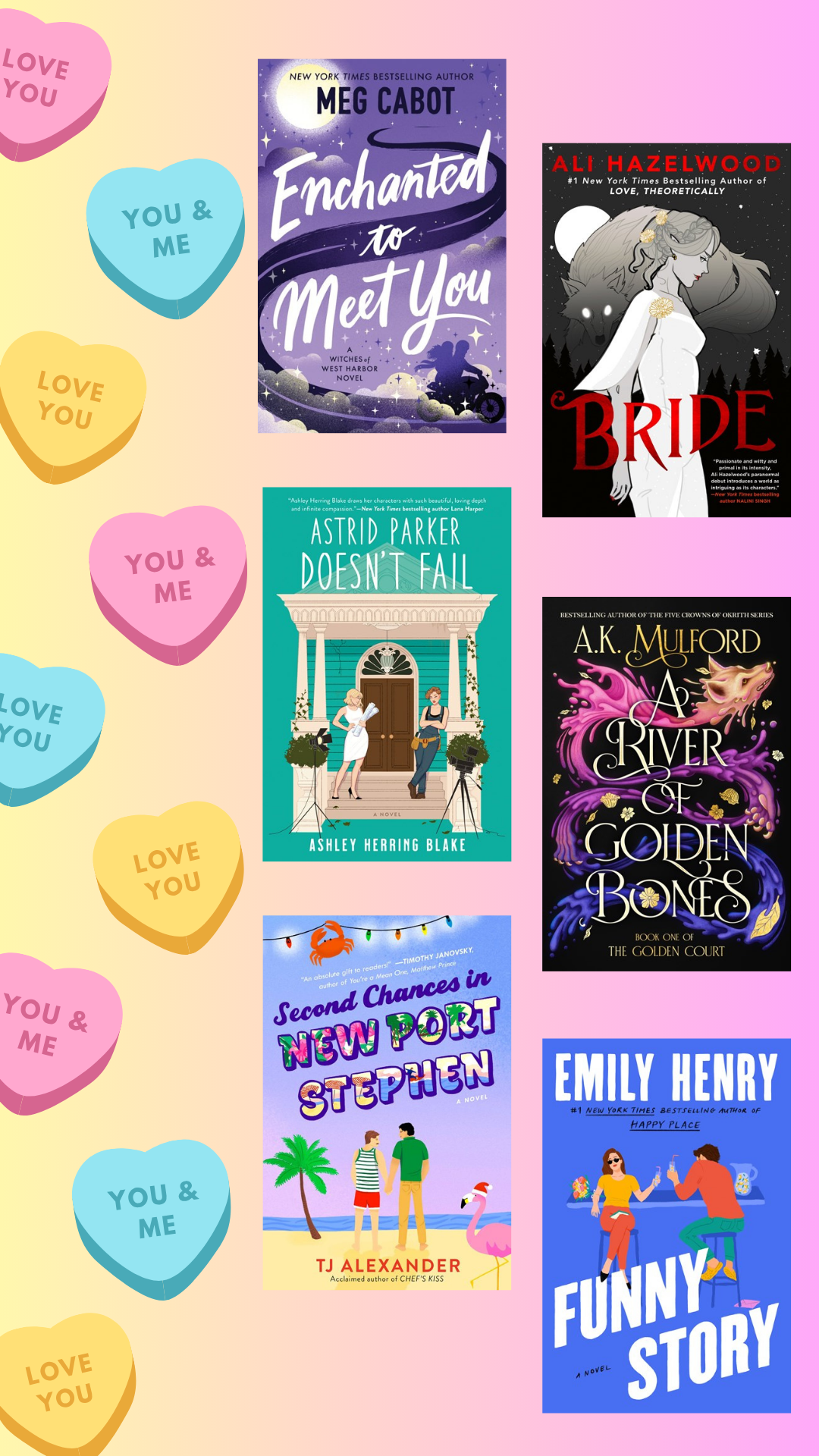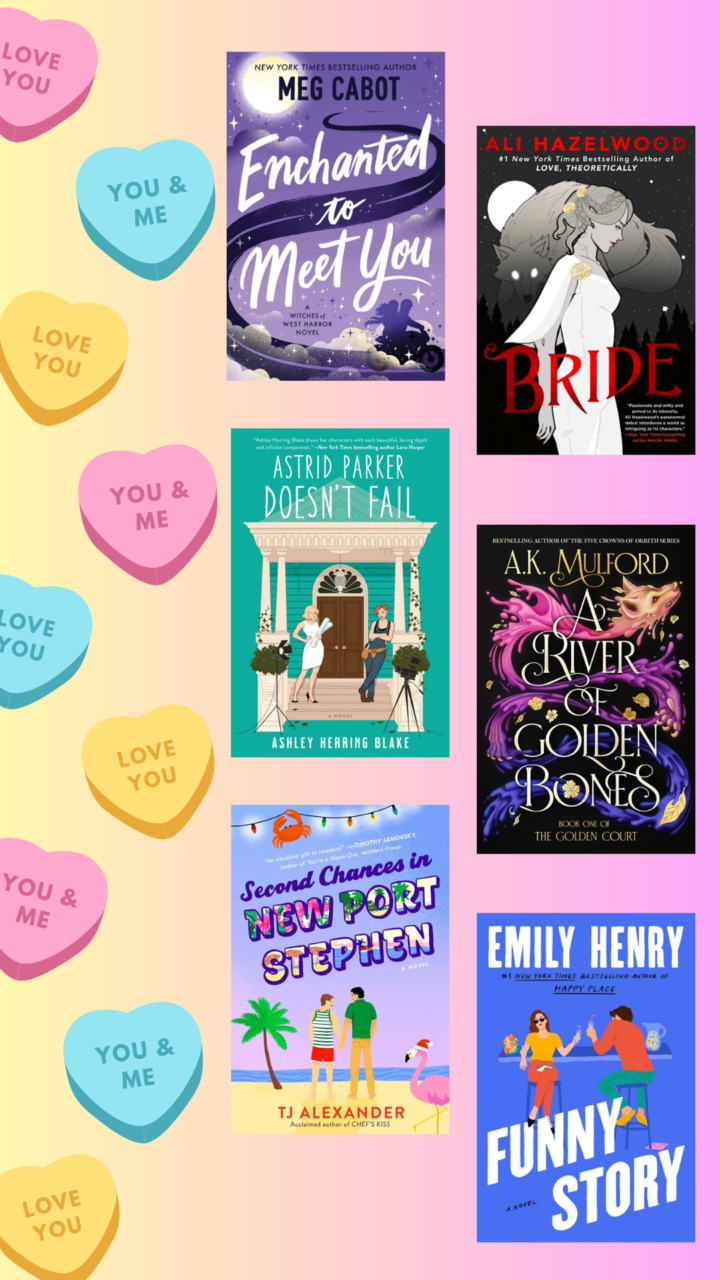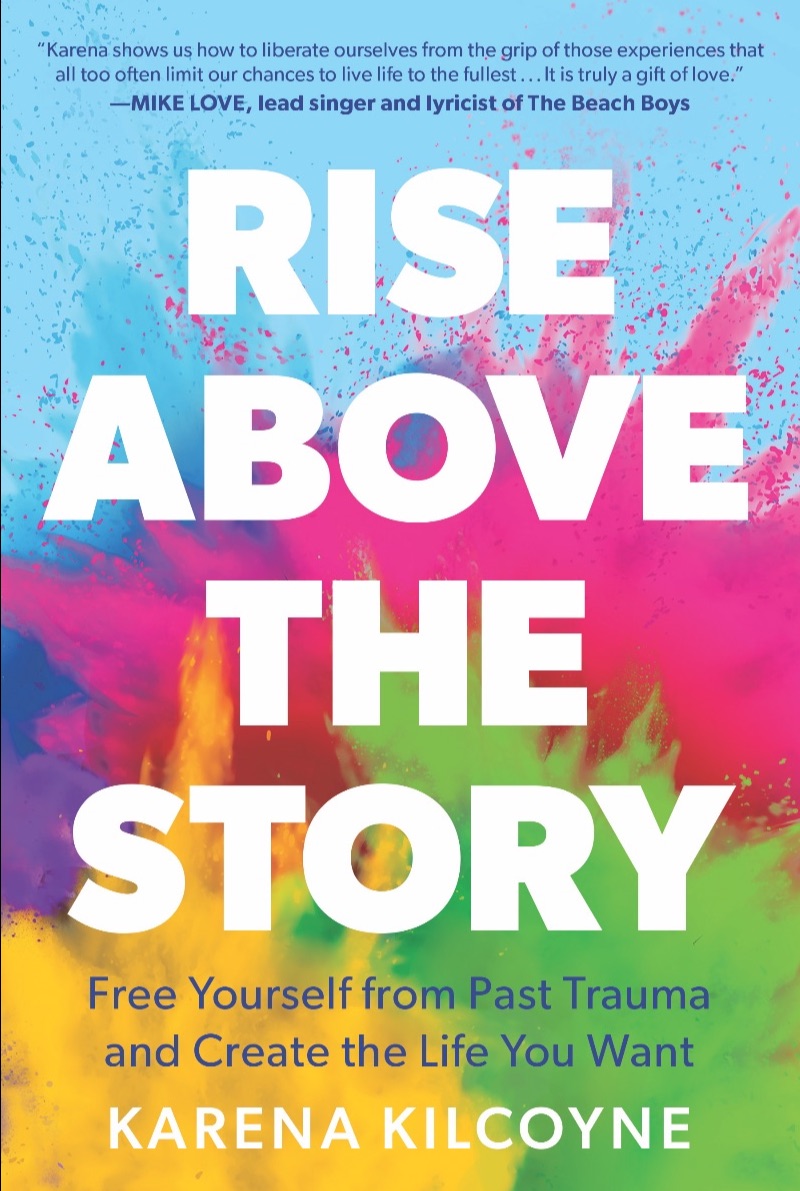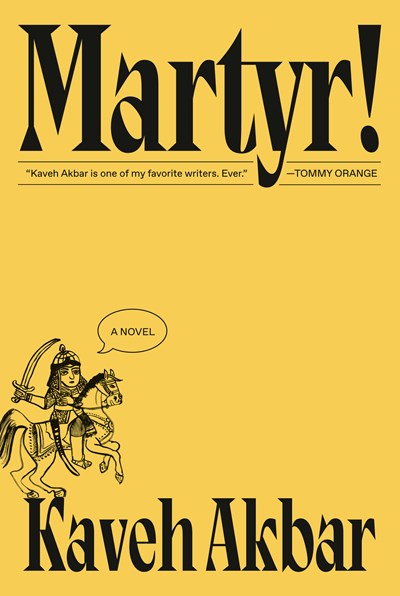AVAILABLE NOW FOR PRE-ORDER (copies will ship/available for pick up on 2/14/2025)
CLICK HERE FOR INFORMATION ON THE VALENTINE’S DAY EVENT
This is the story of Rosi’s first two years of rehabilitation after an AVM brain bleed stroke. Its content is based on regular emails that were sent out to around 100 friends who asked to be kept updated on her progress. Many recipients of the emails suggested that their content be shared with the world, especially with others that had or were going through similar experiences. On one level the book is a caregiver and survivors’ guide to what they might expect to experience as the recovery process takes its natural journey forward. On another level it’s just a love story.
Praise for Welcome Back Rosi
“When the tireless humanitarian, Rosi Ware, suffered a stroke in January 2023 the clock stopped for her devoted husband Jeff, their chosen family in Key West and abroad, and a myriad of other people whose lives intersected with Rosi’s. Endeavoring to keep all of them regularly updated, Jeff penned emails delineating the critical and harrowing experience of diagnosis, treatment and recovery. In Welcome Home Rosi, Jeff has revisited those emails, interspersing them with delightful reminiscences of their life together, always pushing forward to tell the story of Rosi, a one-of-a-kind woman whose unassailable spirit of positivity has brought good cheer to all in her orbit. A joyful book for all readers.”
– Stephen Kitsakos, Librettist
“Bravo, Jeff Ware! This slim book tells a huge story – of how Jeff and his wife Rosi not only survived Rosi’s sudden stroke, but did it with humor, involving friends and creating community with health-care workers and doctors along the way. It’s a story of optimism against the odds, and the refusal to give up, and told in an intimate, chatty tone that brings us with them every step of the way. The author is modest about his part in it all, and only lets us see glimpses of his own feelings – but he was and is, with Rosi’s own indomitable strength at his side, the book’s unsung hero.”
– Rosalind Brackenbury, Author
“A loving husband takes us along on a journey through his wife’s debilitating stroke and miraculous healing”.
– Peyton Evans, Writer
About the Author: Jeffrey was born in London in 1955. He graduated with a BA Honours Degree in 1978, the year that he met Rosi. In March of 1997 Jeff and Rosi moved to Chicago for Rosi’s work before a life changing move to Key West, Florida in 2000. Jeff and Rosi now split their time between homes in Key West and Asheville, North Carolina.
PRE-ORDER NOW
CLICK HERE FOR INFORMATION ON THE VALENTINE’S DAY EVENT
